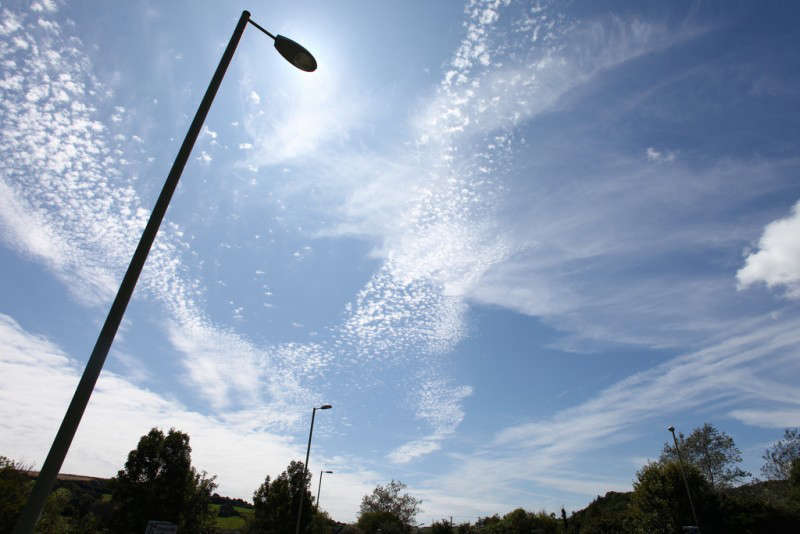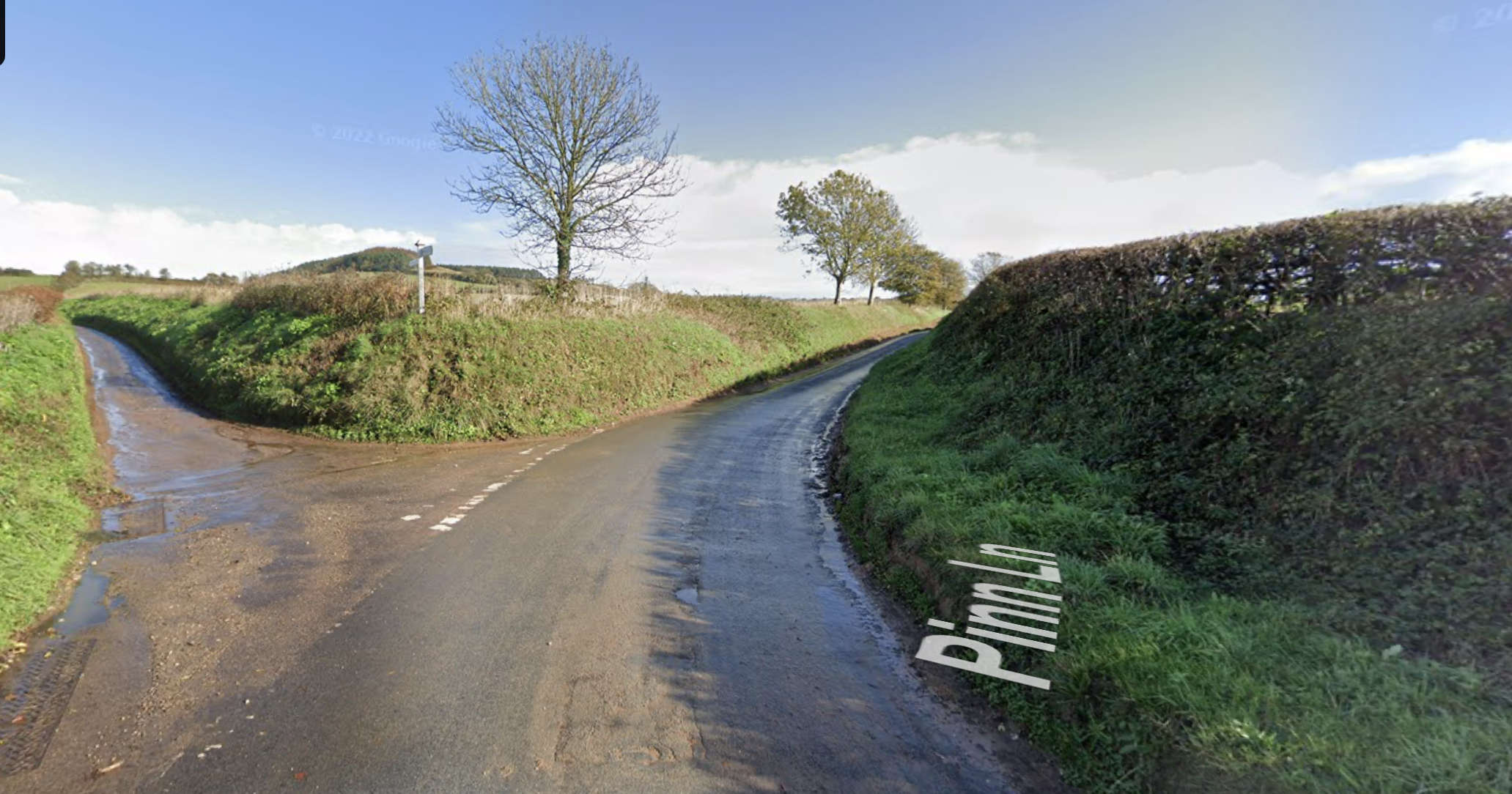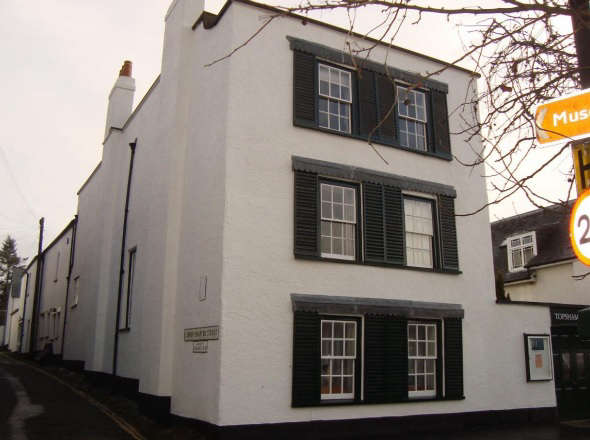
Carbon-reducing lights could be harmful
Many of Devon’s new LED streetlights will be dimmed to help reduce their potential impact on insects.
Devon County Council is currently rolling out LED upgrades in residential areas and says all of its 79,000 streetlights will be converted from the traditional sodium bulbs by next year.
The new technology will reduce carbon emissions of streetlights by 75 per cent in the county – more than 15,000 tonnes each year – the equivalent of taking 8,000 cars off the road.
But a recent study suggests the ‘eco-friendly’ lights, which produce more of the blue light mainly seen by insects, are more harmful to them than sodium bulbs.
Researchers at the UK Centre for Ecology & Hydrology found the number of moth caterpillars in hedgerows along rural English roads was 52 per cent lower under LED lights and 41 per cent lower under sodium lights compared with nearby unlit areas.
In grass margins, the moth caterpillar population near LEDs was a third lower than in unlit areas, while sodium lights had little effect on abundance.
Writing to the council’s cabinet, Councillor Alistair Dewhirst (Liberal Democrat, Ipplepen & The Kerswells) said: “The energy efficiency of these lights is clearly a fact and is helping to improve our carbon efficiency in the council, but it would appear to be at the expense of our insects.” He asked what the council will be doing to “mitigate the harmful effects on our insect population.”
In a written response, Councillor Stuart Hughes (Conservative, Sidmouth), cabinet member for highways, said: “The rating of the new lamps is 3000K (kelvin), which is very similar to the sodium lamps they are replacing. Insects are generally attracted to lighting above 3,000K, therefore any possible effect on the insect population is argued to be neutral when the new lamps are run at 100 per cent brightness all night.
“However, in mitigation, the lighting will operate as part night lighting for the majority of areas and in addition dim to 75 and 50 per cent brightness later into the night.”
Cllr Hughes added: “DCC is also extending its management software in new installations where possible, which will give much more control on future dimming. However, we will keep this under review as a greater understanding of this topic develops.”
 Teenager killed in rural East Devon crash
Teenager killed in rural East Devon crash
 Plymouth schools shine at Theatre Royal
Plymouth schools shine at Theatre Royal
 Topsham’s ‘beautiful’ museum to be restored
Topsham’s ‘beautiful’ museum to be restored
 Protest as work stops on controversial Newton Abbot project
Protest as work stops on controversial Newton Abbot project
 Petition launched to save Paignton ambulance station
Petition launched to save Paignton ambulance station
